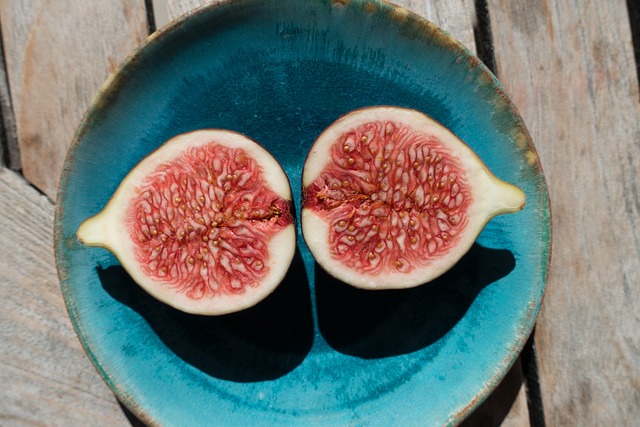Unleashing the Power of Probiotics: How These Tiny Organisms Can Transform Your Gut Health
The word “bacteria” often carries a negative connotation. We associate it with illnesses and infections, and our instinct is to eliminate as many bacteria from our lives as possible. However, not all bacteria are harmful. In fact, there are certain types of bacteria that can have a remarkable impact on our well-being, particularly in relation to our gut health. These beneficial bacteria are known as probiotics, and they are the key to unlocking a healthier digestive system.
What are Probiotics?
Probiotics are live microorganisms that, when consumed in adequate amounts, provide a host of health benefits. Most commonly, these microorganisms are bacteria, but some types of yeasts can also be classified as probiotics. While there are multiple strains of probiotics, the two most common types are Lactobacillus and Bifidobacterium.
How do Probiotics Work?
The human gut is home to trillions of bacteria, both good and bad. When the balance of good and bad bacteria is disrupted, it can lead to various digestive issues and compromise our overall health. Probiotics work by restoring and maintaining a healthy balance of bacteria in the gut.
Probiotics have several mechanisms of action:
- Competitive exclusion: Probiotics compete with harmful bacteria for space and nutrients, reducing their ability to thrive.
- Production of antimicrobial substances: Probiotics produce substances that have antimicrobial properties, which can inhibit the growth of harmful bacteria.
- Modulation of the immune system: Probiotics can stimulate the immune system, helping to maintain a robust defense against pathogens.
- Enhancement of the gut barrier: Probiotics strengthen the intestinal barrier, preventing harmful substances from crossing into the bloodstream.
- Production of beneficial compounds: Some probiotics produce short-chain fatty acids, which promote gut health and provide energy to the colon cells.
Health Benefits of Probiotics
The potential health benefits associated with probiotics are vast and far-reaching. Here are some of the ways in which these tiny organisms can transform your gut health:
Improved Digestion and Nutrient Absorption
Probiotics contribute to the breakdown of food particles and the production of digestive enzymes, which aids in the efficient digestion and absorption of nutrients. They can also help alleviate common digestive disorders such as diarrhea, constipation, and bloating.
Stronger Immune System
A significant portion of our immune system resides in our gut. Probiotics help stimulate the production of immune cells and regulate their activity, enhancing the body’s ability to fight off infections and diseases.
Reduced Inflammation
Chronic inflammation in the gut can lead to a range of health issues. Probiotics have been found to reduce inflammation by decreasing the levels of pro-inflammatory substances and promoting the production of anti-inflammatory compounds.
Mental Health and Well-being
Emerging research suggests a strong connection between the gut and the brain, known as the gut-brain axis. Probiotics have shown promising results in improving symptoms of anxiety, depression, and other mental health conditions.
Enhanced Heart Health
Certain probiotic strains can help lower blood pressure and cholesterol levels, reducing the risk of heart disease. They may also contribute to the metabolism of bile acids, which play a role in fat digestion and can influence heart health.
Sources of Probiotics
Probiotics can be found in various food sources as well as dietary supplements. Here are some common sources of probiotics:
- Yogurt
- Kefir
- Sauerkraut
- Kombucha
- Miso
- Tempeh
When purchasing probiotic supplements, it’s essential to look for reliable brands that ensure the viability and potency of the microorganisms.
Conclusion
The power of probiotics to transform gut health cannot be understated. These tiny organisms offer a multitude of benefits, from improved digestion and strengthened immunity to reduced inflammation and enhanced mental well-being. By incorporating probiotic-rich foods and supplements into







